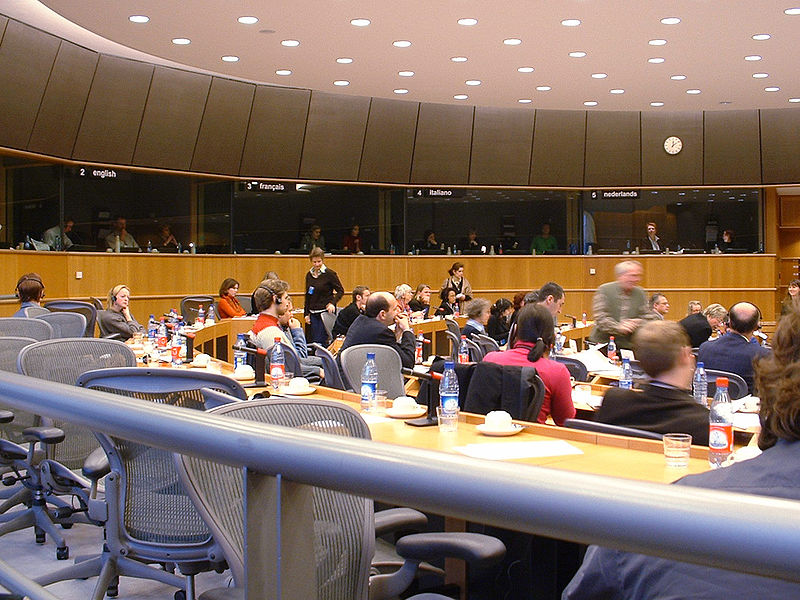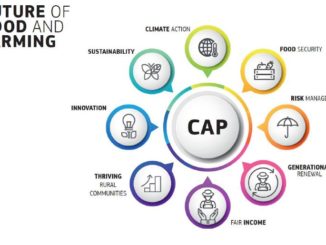
Following a supposed trilogue between the European Parliament, Council and Commission, in which the Council got its way on the remaining substantive CAP issues, the Parliament yesterday (Monday) rubber stamped the legislation.
Despite protestations to the contrary, this has been bad news for citizens, rural areas and the environment in Europe, as well as for the notion of shared power between the Council, Parliament and Commission.
The vote dealt with outstanding issues on DP (Direct Payments), CMO (Common Organisation of Markets), RD (Rural Development) and HZR (Horizontal Regulations). In each case, there were no surprises, lots of negatives but also some positives and achievements which only came about thanks to continuous pressure by civil society.
Direct Payments: was a real disappointment, with loopholes allowing pesticides and potentially even GMOs in Ecological Focus Areas (EFA’s); no limit on upper payments, even for the wealthiest; and allowing in some cases up to 25% transfers from the already deprived Pillar 2 to Pillar 1.
Common Organisation of Markets: export subsides are still allowed, which will retain damaging food dumping of surplus in economically disadvantaged parts of the world outside the EU.
Rural Development: represented some gains, but mainly as options for member states. However crop insurance schemes and Pillar 2 to 1 transfers could be damaging to gains on ringfencing environment and climate programmes here. See our new CAP and Rural Development toolkit, which will be updated monthly, for more on what you can do in your country or region.
Horizontal Regulations also involved both loses and gains, and again the battle will continue at the level of the Member States. Here, better agro-ecological services for farmers are now possible, while there are also sanctions for not greening, as well as diktats on externalised costs in health and environment. That’s the good news. However carbon rich pastures, antibiotic resistance, water and pesticides framework directives and methods of measurement of ecological impact represented loses in this vote.
It is worth reiterating that these loses at Parliament level yesterday represent potential future gains, depending on how successful agri-food, consumer, citizen and environmental NGOs and others are in making an impact at regional/national level. Our monthly updated CAP and Rural Development Toolkit will help in this regard.
IFOAM have pointed to some key areas for helping improve CAP in the coming weeks and months:
- Pillar 1 greening to only recognise farmers making a genuine contribution to environmental delivery and climate action; no undermining of organic farming with low-level greening and strict rules on pesticides and fertilizers in EFAs.
- Reduction of Pillar 2 cuts.
- Member States to spend at least 50% of its Rural Development budget on advanced sustainability.
- Thematic sub-programme on organic farming to be included in new Rural Development Programme.




